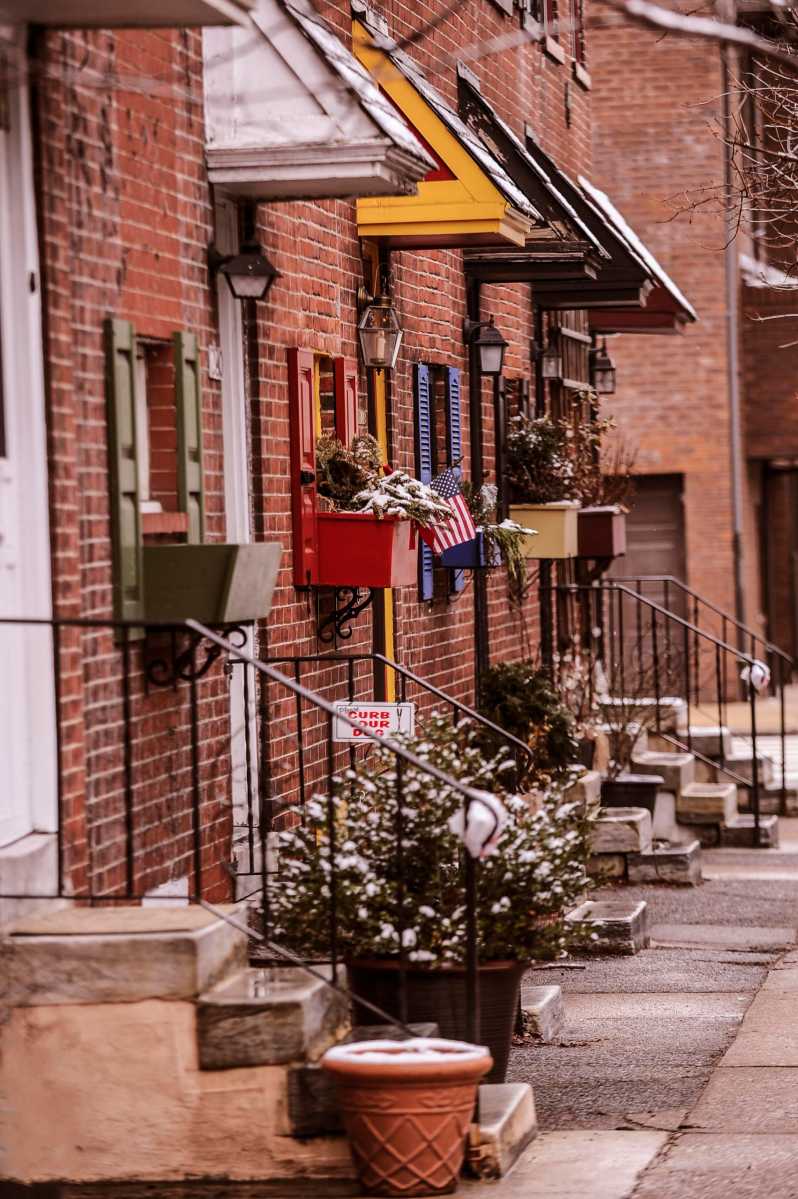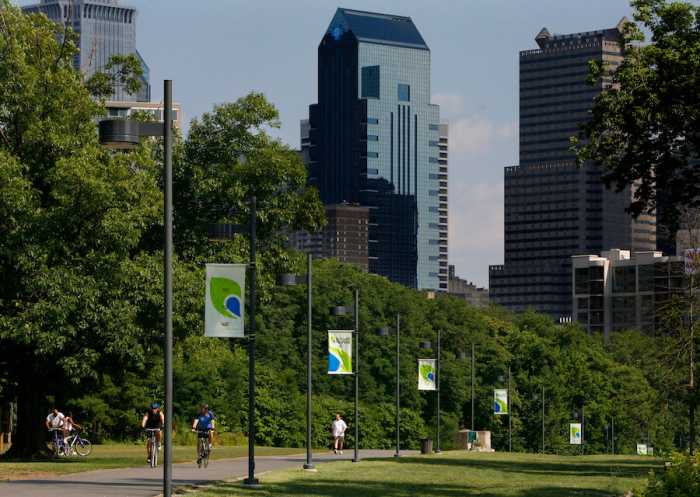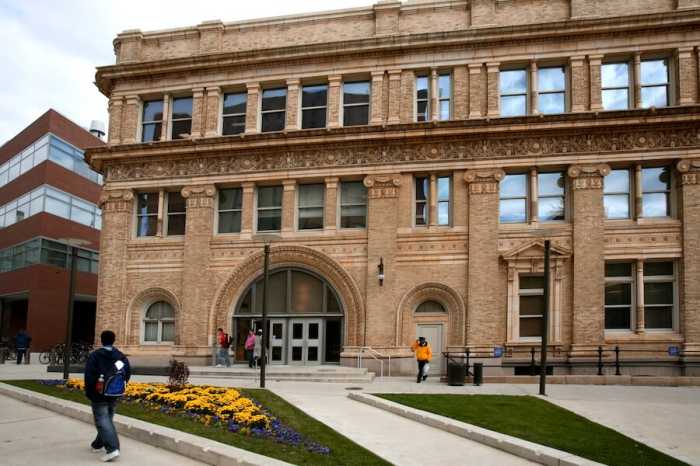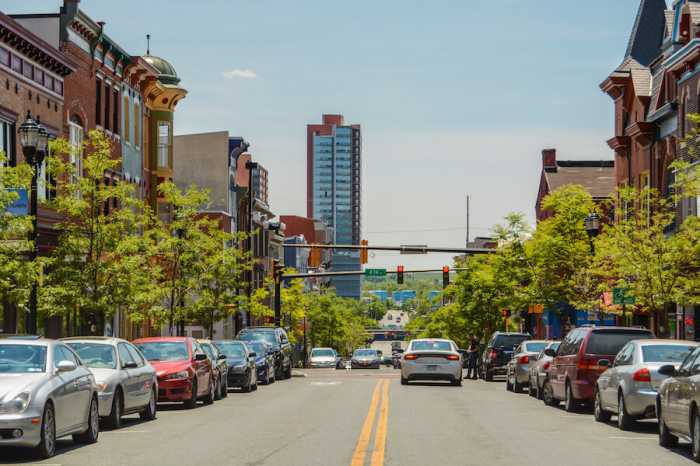Philadelphians are struggling to save up enough money to move due to inflation and the rising cost of gas, food and other everyday items, a new survey found.
Prospective homebuyers, as well as those looking for rentals, are encountering challenges in a very competitive housing market, according to the report, commissioned by Wilmington-based WSFS Bank.
Just under 80% of renters in the region said they were having trouble affording a new apartment, and about 64% of those looking for housing to buy or rent in Philadelphia were finding it difficult to save.
The survey findings were released last week, just days before the U.S. Bureau of Labor Statistics revealed that consumer prices for all items had jumped 7.9% over the past year, the most substantial increase in 40 years.
Prices rose at a slightly slower pace — 7.3% — in the greater Philadelphia metropolitan area, according to the BLS’s Consumer Price Index for February.
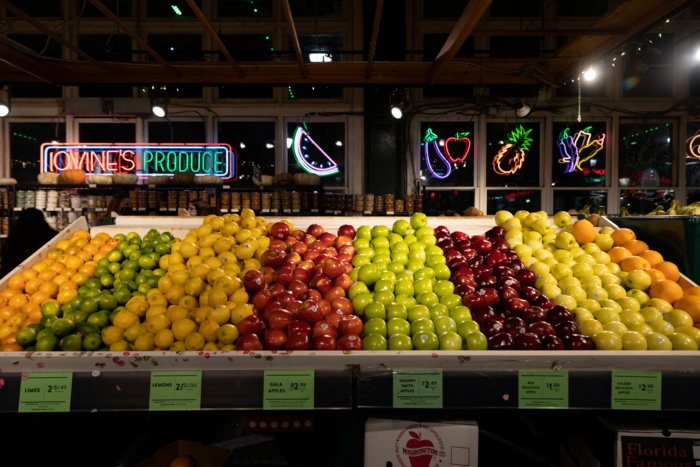
Nationally, fruits and vegetable prices went up 2.3% just from January to February, and dairy products jumped nearly 2% month-to-month.
Other food products that saw significant hikes include beef, up 16.2% from a year ago; milk, which rose 11.2% compared to last year; and coffee, jumping 10.5%.
Perhaps no commodity’s price increase has generated more discussion than gasoline.
The rate in the Philadelphia region clocked in at $4.46 a gallon on Sunday, compared to $3.75 a month ago, according to the American Automobile Association. AAA data shows the area hit all-time highs last Thursday.
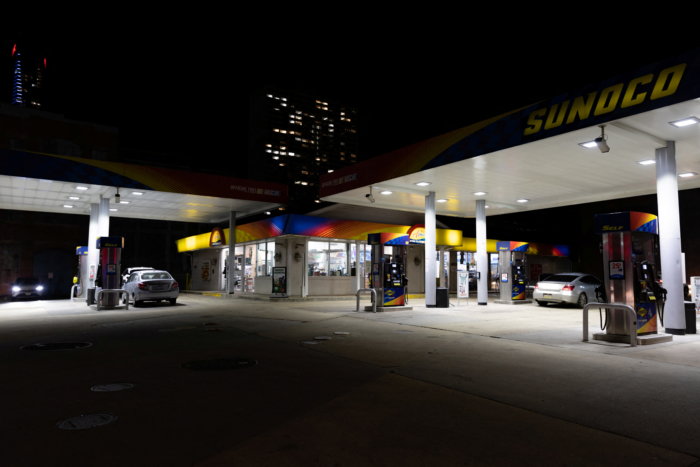
“You sort of have a double whammy coming at you,” WSFS Mortgage President Jeff Ruben told Metro. “Everything’s costing more, including the house that you’re hoping to move into.”
In WSFS’s survey, 60% of prospective buyers say rising home values are presenting an obstacle, and about 42% report high costs are preventing them from buying a house altogether.
Nearly 70% of the Pennsylvania renters polled for the report said higher prices are making it difficult for them to afford their current living arrangement.
WSFS solicited responses from 1,530 people between the ages of 25 and 65 in the Philadelphia area and an additional 1,500 people nationally in early-to-mid February.
Ruben said renting costs are rising faster than home values, forcing many tenants to consider buying their first home in a hot real estate market. Demand for housing seems to be outpacing supply, which has been hindered by the pandemic, he added.
“The home building and multifamily construction really took a pause,” Ruben said. “New stock was not coming online as quickly as it should have or could have.”
Ruben’s team believes home values will likely continue rising through at least mid-2023, and the rental market may not stabilize for three years.
Even so, he does not recommend buyers wait out the hot market. Prospective homeowners should only delay a purchase if they believe there is a bubble, like what preceded the Great Recession.
“It feels very different this time,” he said. “There was a pent up demand. The world was put on pause for almost two years, and we’re seeing a catch up here.”
He projects that housing values will remain level or increase at a slower rate, rather than drop, once the market stabilizes.
Those looking to buy a home should aim for a high credit score and try to include as much money in a down payment as possible, Ruben said. Both strategies should result in lower monthly costs.
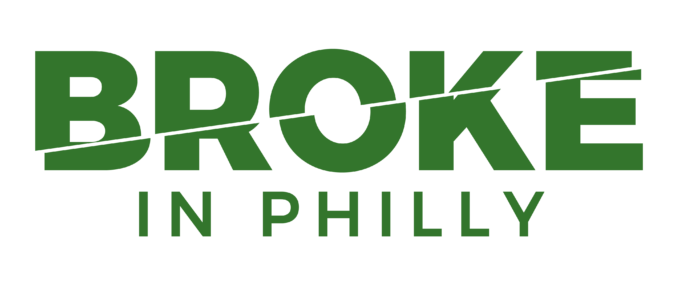
Metro is one of more than 20 news organizations producing Broke in Philly, a collaborative reporting project on economic mobility. Read more at brokeinphilly.org or follow on Twitter at @BrokeInPhilly.



